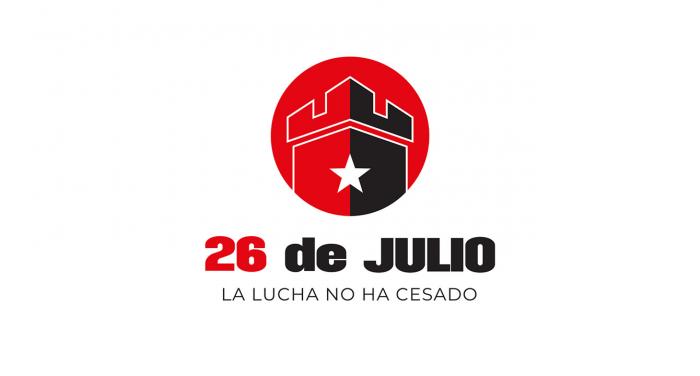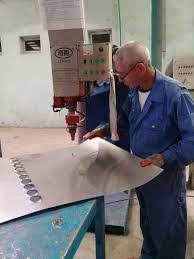The collectives of the Bolivia Municipal Agroindustrial Enterprise in Ciego de Ávila province are advancing firmly towards achieving agri-food sovereignty through several programmes for grain, root vegetable, and vegetable production.
Regarding rice production – its principal crop – this entity serves as a model for similar enterprises nationwide, having met the municipal demand for the regulated family food basket (estimated at 49 tonnes monthly) for nearly two years.
General Director Eddy Torres Acosta informed the Cuban News Agency (ACN) that the cereal planting plan reaches 2,300 hectares (ha) across two annual campaigns, though this could extend to 4,000 ha with greater water volumes.
By mid-June, 1,711.97 ha had been planted locally – equivalent to 123% of the plan’s fulfilment to date – at a yield of 1.76 tonnes per hectare. According to data from the Municipal Agriculture Delegation, this positions them well to honour their commitments.
Another significant sector for Agroindustrial Bolivia is beans: «We’ve already delivered more of this grain to the Ministry of Domestic Trade (Mincin) than the municipality’s annual demand of 54 tonnes,» stated Torres Acosta with satisfaction, whilst acknowledging that no effort is too great in pursuit of feeding the people.
Small farmer Gerardo García Crespo, linked to the enterprise alongside his son Yaumel, maximises output from their four-hectare parcel. They’ve delivered 21 hundredweight of beans to the aforementioned Ministry and 50 to the municipality, alongside cultivating cassava and plantain. «We’ve received substantial support from the entity,» Gerardo affirmed.
The enterprise’s economic indicators also progress well: 2024 closed with 9.5 million pesos in profits, while over four million pesos have been accumulated year-to-date.
Municipal commercial circulation benefited from a 76-million-peso contribution from this enterprise’s productive activity last year, facilitated by economic management diversification.
A food processing centre now generates over 200,000 pesos daily – for instance, some days see more than 7,000 bread rolls sold, reaching communities across the territory, noted the director.
Croquettes, burgers, sausages, stews, and papaya preserves are among products manufactured at this facility, which also supplies social institutions like Public Health and Education.
Torres Acosta confirms that implementing Decree 87/2023 (Ministry of Finance and Prices) – empowering state enterprises to decentralise worker salary systems – yields positive results, with an average wage of 15,500 pesos.
Agroindustrial Bolivia explores new economic avenues, recently trialling 40 ha of sunflower cultivation. An initial harvest secured seeds both to continue this line and sell to other provincial entities.
Current trials assess this oilseed’s yield for vegetable oil production, with future plans to establish in-house industrial processing capacities. «Sunflowers aren’t water-intensive. We started with state land to demonstrate to private usufruct farmers this represents another income source,» explained the director.
The success of this Avilanian municipal agroindustrial enterprise stems – per its director – from maximising diversification. «We now have greater autonomy, but must work harder as we constantly need to secure resources and inputs for diverse activities,» stated Torres Acosta.
Despite positive results, several issues hinder potentially better performance: absence of a foreign currency bank account, plus stalled investment in a modern rice drying plant due to lacking a water cistern and fire suppression system.
Municipal agroindustrial enterprises emerged to strengthen local economic systems, sovereignty, and food self-sufficiency. The example of this northern Ciego de Ávila municipality demonstrates that through daily work, consistency, and seeking alternatives within today’s complex landscape, overcoming difficulties remains possible.
(Alden Hernández Diaz, ACN)




